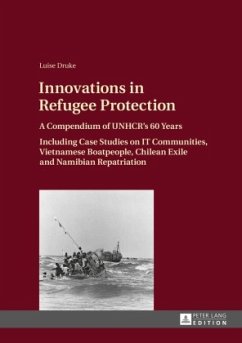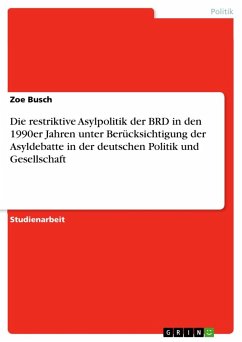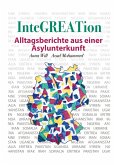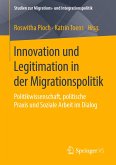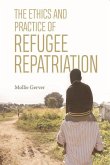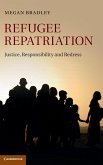This compendium synthesizes innovations of the UN High Commissioners for Refugees (UNHCR) since 1951. The book bridges the gap between academic and field work and uses Joseph Nye's concept of "soft power" as a methodological approach for understanding and solving political and ethical refugee protection dilemmas. Extending the refugee legal framework (1951 Refugee Convention and 1967 Protocol), UNHCR has increasingly used international human rights law, innovative technologies and new partners. Refugee protection is a responsibility primarily of states. Challenges are: considering increasing power diffusion (Nye) from states to non-state actors and balancing IT potentials with security risks.
«Druke has written a fascinating overview of the dilemmas facing those engaged in refugee protection. She chronicles the strategies used by practitioners in various cases to navigate the unavoidable political and ethical challenges of this work.» (David Kennedy, Professor of Law and Director of Institute for Global Law and Policy at Harvard Law School) «This book draws on an impressive array of significant first-hand sources and original materials to bring out the challenges of protecting refugees in ever-shifting political landscapes. Understanding the past is fundamental to dealing with the present and planning for the future. Druke's careful scholarship draws the connections here in ways which will be of great value to students and practitioners alike.» (Erika Feller, Assistant High Commissioner for Refugees-Protection (UNHCR))

